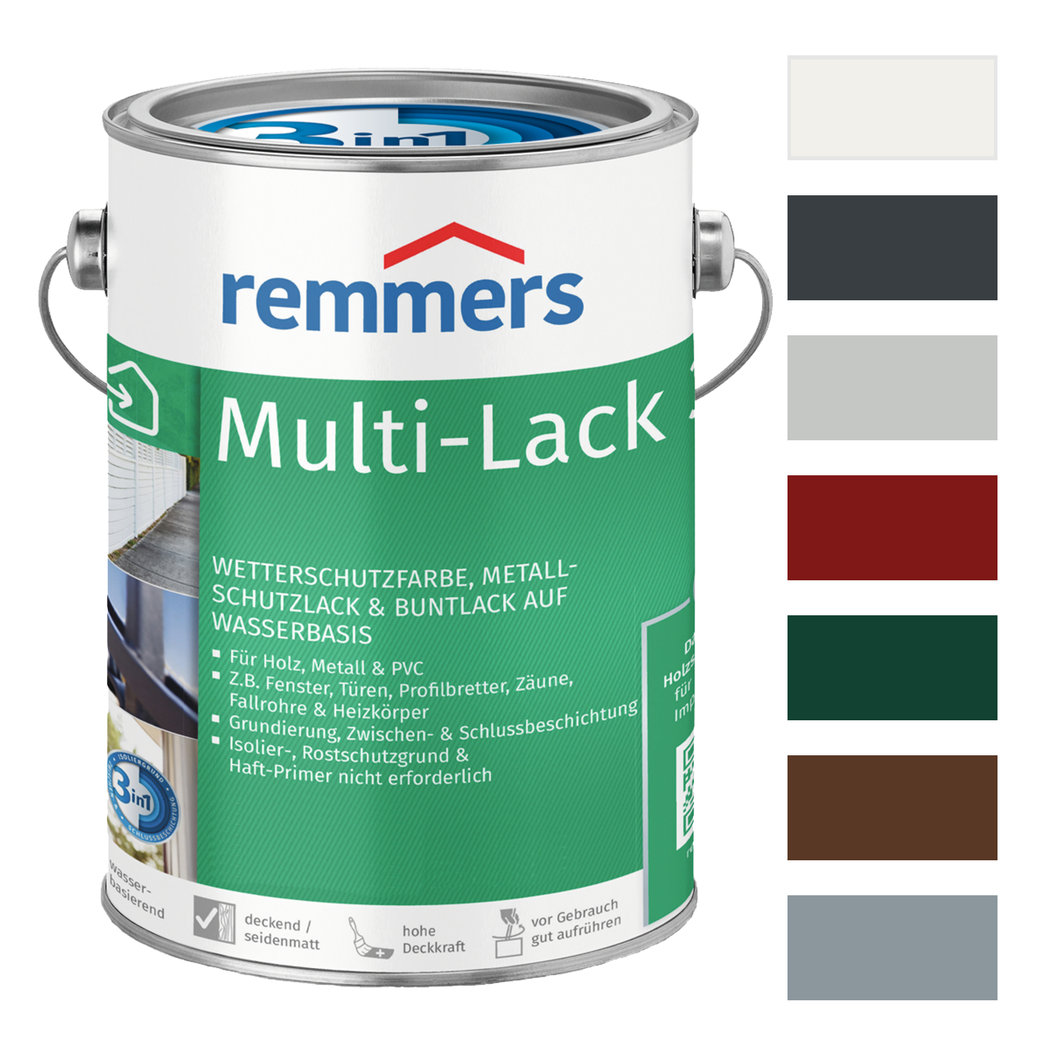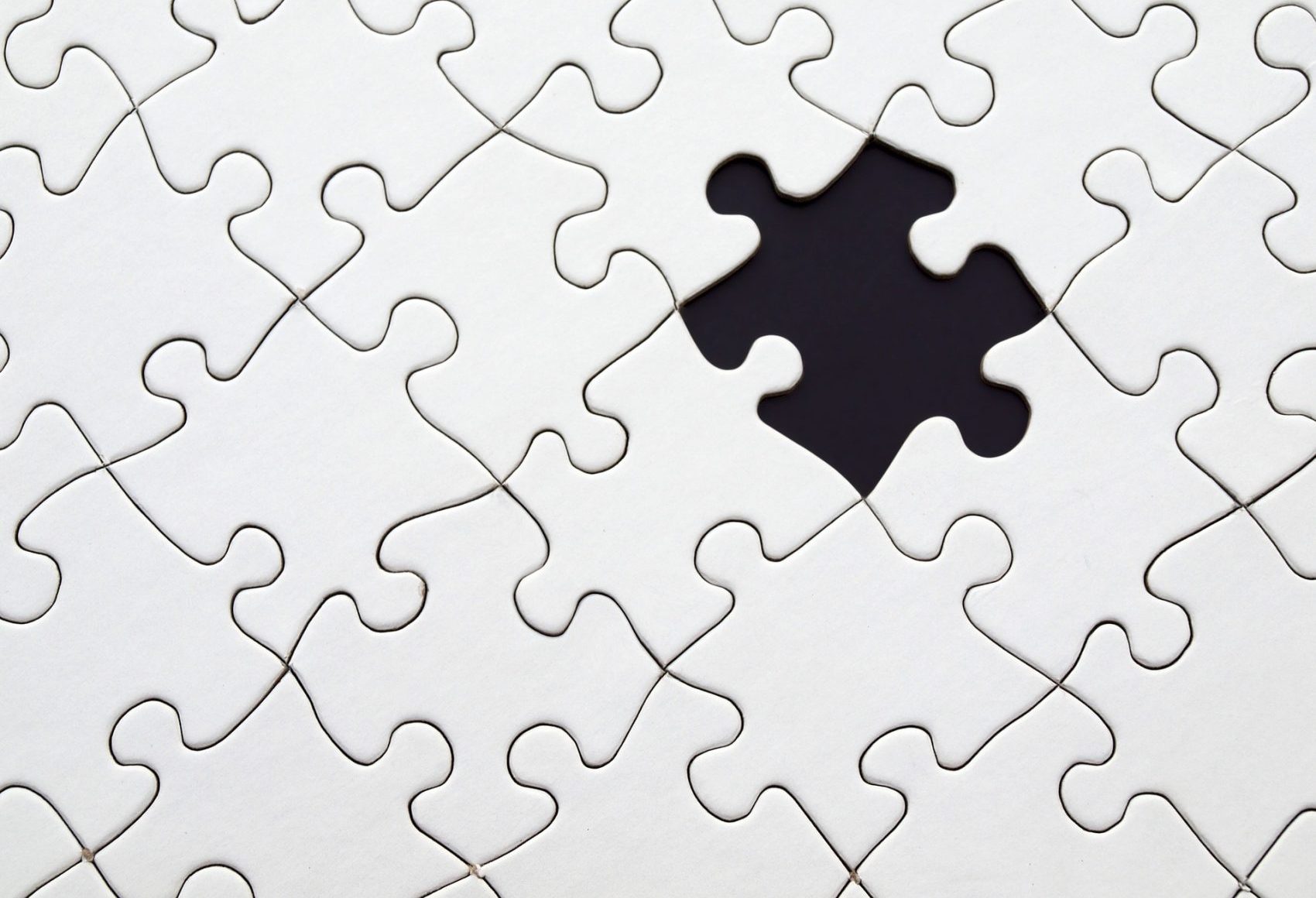Understanding Lack Of Decorum Meaning: What It Really Looks Like
Have you ever been in a situation where someone's actions just felt... off? Perhaps a little out of place, or maybe even disrespectful? That feeling, that sense that things aren't quite right in how people are acting, often points to a lack of decorum meaning. It's something we all notice, sometimes without even putting a name to it, but it shapes our interactions and the feel of any gathering, you know?
This idea of decorum is about having a sense of what's proper, what's polite, and what's expected in different settings. It's the unspoken rulebook for how we conduct ourselves, whether we are at a formal dinner, in a casual chat with friends, or maybe even during a serious discussion at work. When there's a deficiency in this, when people are missing these accepted ways of acting, that's when you really feel the absence of decorum, so to speak.
Today, we are going to explore what this phrase truly means, looking at why it matters and what it looks like when it's not present. We will, in a way, break down this important concept, helping you spot it and perhaps even encourage more of it around you. It's a rather vital part of getting along, after all.
Table of Contents
- What Decorum Means
- The Meaning of "Lack"
- Putting It Together: Lack of Decorum Meaning
- Why Decorum Matters
- How Lack of Decorum Shows Up
- The Effects of Lacking Decorum
- Cultivating a Sense of Decorum
- Frequently Asked Questions
What Decorum Means
Decorum, at its heart, is about behaving in a way that fits the situation. It's about knowing the right thing to say or do, and then doing it. Think of it like this: you would probably talk differently to your boss than you would to your closest friend, wouldn't you? That difference in how you present yourself, that adjustment to the setting, is really what decorum is all about. It covers everything from your words and tone to your body language and even your choice of clothes, actually.
It's a concept that helps keep things running smoothly in groups of people. When everyone generally follows these unspoken rules, there's a sense of order and mutual respect. It means people can feel comfortable and trust that others will act in a considerate way. It's a pretty important part of social glue, you know?
The Meaning of "Lack"
Now, let's look at the "lack" part. My text tells us that the meaning of lack is to be deficient or missing. It means something is not available, or there isn't enough of it. When there is a lack of something, it just doesn't exist at all, or perhaps there is just too little to be helpful. It is, in essence, an absence or an inadequate amount of something needed or desirable, as my text says. So, if you lack courage, you are without courage. If you lack sufficient money, you don't have enough money. It's quite straightforward, really.
My text also mentions that lack means to be without or to have less than a desirable quantity of something. It can mean a deficiency or absence of something needed or desirable. For instance, after someone left, a group might really feel the lack of that person's input. It's the feeling of something being gone or not present in the way it should be. It's the feeling of something being absent when it is, in fact, needed.
Putting It Together: Lack of Decorum Meaning
So, when we combine "lack" with "decorum," we get "lack of decorum meaning." This phrase points to a situation where there's a missing or insufficient amount of proper behavior, politeness, or fitting conduct. It's when someone acts in a way that doesn't quite fit the situation, or perhaps shows little regard for the feelings or expectations of others present. It's about a deficiency in polite or appropriate actions, basically.
Imagine, for instance, someone shouting loudly on their phone in a quiet library. That would be a rather clear instance of a lack of decorum. Or perhaps someone interrupting others constantly during a serious meeting. These actions show an absence of the expected politeness and respect for the setting and the people in it. It's a pretty noticeable thing, too.
This absence of proper behavior can make people feel uncomfortable, disrespected, or even annoyed. It disrupts the harmony of a place or a conversation. It's not just about breaking a rule, but more about breaking an unwritten agreement on how we should all interact, you know? It suggests a disregard for social niceties and the comfort of others.
Why Decorum Matters
You might wonder why all this talk about decorum is so important. Well, for one, it helps create a more pleasant and respectful environment for everyone. When people act with decorum, conversations flow more easily, and disagreements can be handled with more grace. It builds trust and makes interactions feel safer, you know?
In a group setting, decorum acts like a kind of social lubricant. It allows people from different backgrounds and with different ideas to interact without unnecessary friction. It shows that you value the situation and the people involved. It's a sign of maturity and consideration, which is pretty valuable, honestly.
Without it, things can get pretty messy, pretty fast. Conversations can turn into shouting matches, meetings can become unproductive, and public spaces can feel chaotic. It can, in some respects, erode the very fabric of how we connect with each other, leading to misunderstandings and ill feelings. So, it's about more than just being polite; it's about making sure society can function smoothly.
How Lack of Decorum Shows Up
A lack of decorum can appear in many different ways, depending on where you are and who you are with. It's not always about big, dramatic outbursts. Sometimes, it's just a little thing that feels out of place. It's interesting how varied it can be, actually.
In Public Spaces
Think about a crowded train or bus. Someone playing loud music without headphones, or perhaps having a very loud phone conversation, shows a lack of decorum. They are, in a way, forgetting that others share the space and might want some peace. Another example could be littering, or cutting in line, which shows a disregard for shared norms and the convenience of others. It's about respecting the collective space, you know?
Even something like talking over someone in a queue, or failing to hold a door open for the person behind you, can be seen as a small instance of this absence of proper conduct. These actions, while seemingly minor, chip away at the general civility we expect when out and about. It's about being mindful of those around you, basically.
At Work or Professional Settings
In a professional setting, a lack of decorum might look like someone arriving late to meetings repeatedly without apology. Or maybe it's someone speaking disrespectfully to a colleague or a client. It could also be sharing private information that shouldn't be shared. These things can really hurt team morale and professional relationships, you know?
Another example could be dressing in a way that is too casual for a formal office environment, or perhaps constantly checking your phone during a presentation. These actions suggest a lack of seriousness or respect for the professional setting. It's about upholding a certain standard of conduct that helps everyone focus and work together effectively, so it's quite important.
In Digital Conversations
With so much communication happening online these days, a lack of decorum is very apparent in digital spaces too. Think about "flaming" someone in a comment section, or sending rude messages. Using all capital letters to shout, or sharing misinformation without checking facts, can also be seen as a lack of digital decorum. It's about how we treat each other even when we are not face-to-face, you know?
Even things like constantly interrupting online discussions, or perhaps sending unsolicited advertisements, can be seen as a deficiency in polite online behavior. It's about remembering that there are real people on the other side of the screen, and their feelings matter. It's a bit like shouting in a library, but online, you see.
The Effects of Lacking Decorum
When people consistently show a lack of decorum, it can have some real consequences. For individuals, it might lead to others avoiding them, or not trusting them. It can hurt their reputation and make it harder for them to build good relationships, both personal and professional. Nobody really wants to be around someone who consistently makes them feel uncomfortable, you know?
For groups or communities, a widespread absence of decorum can lead to a breakdown in communication and cooperation. It can make public spaces feel less safe or less welcoming. It can even make it harder to solve problems together if people are too busy being rude to each other. It really does make a difference to the general atmosphere, apparently.
Think about a workplace where respect is often missing. People might feel stressed, unappreciated, and less motivated to do their best work. This can affect productivity and lead to a generally unhappy environment. It's a pretty big deal, honestly, for the overall well-being of a group.
Cultivating a Sense of Decorum
So, how can we encourage more decorum? It really starts with being aware of your surroundings and the people in them. Take a moment to think about how your actions might affect others. Ask yourself, "Is this the right way to act here?" or "Am I being considerate?" It's a simple thought, but it can make a big impact, you know?
Practicing empathy, which is trying to understand what others might be feeling, can also help a lot. If you can put yourself in someone else's shoes, you might think twice before doing something that could bother them. It's about being thoughtful and putting a little effort into how you present yourself and interact with the world. It's something we can all work on, you know? Learn more about social graces on our site, and link to this page etiquette guidelines for more.
Teaching younger generations about politeness and respect is also very important. These are skills that are learned, not just known instinctively. By modeling good behavior and gently pointing out when someone might be showing a lack of decorum, we can help build a more considerate world. It's a pretty worthwhile goal, honestly, for all of us.
Frequently Asked Questions
What are some examples of lack of decorum?
Examples of a lack of decorum include speaking loudly on a phone in a quiet public place, interrupting someone constantly during a conversation, dressing inappropriately for a formal event, or using offensive language in a professional setting. It's about actions that don't fit the situation or show little respect for others, you know?
Why is decorum important?
Decorum is important because it helps create a respectful and pleasant environment for everyone. It makes social interactions smoother, builds trust between people, and helps maintain order in various settings, from casual gatherings to formal meetings. It's pretty much the foundation for getting along well with others, basically.
How can one improve their decorum?
To improve your decorum, you can start by being more aware of your surroundings and how your actions affect others. Practicing active listening, being mindful of your tone of voice, and dressing appropriately for different occasions are good steps. Thinking about politeness and respect in your daily interactions can make a real difference, you know?

Is My Total Lack of Motivation Depression or Just Pandemic Burnout? | SELF

Remmers Multi-Lack 3in1, Holzlack, Holzfarbe, Metallfarbe, PVC-Farbe

A lack of prepositions: Understanding “lack” vs. “a lack of